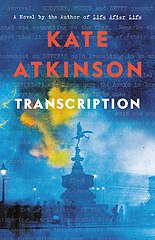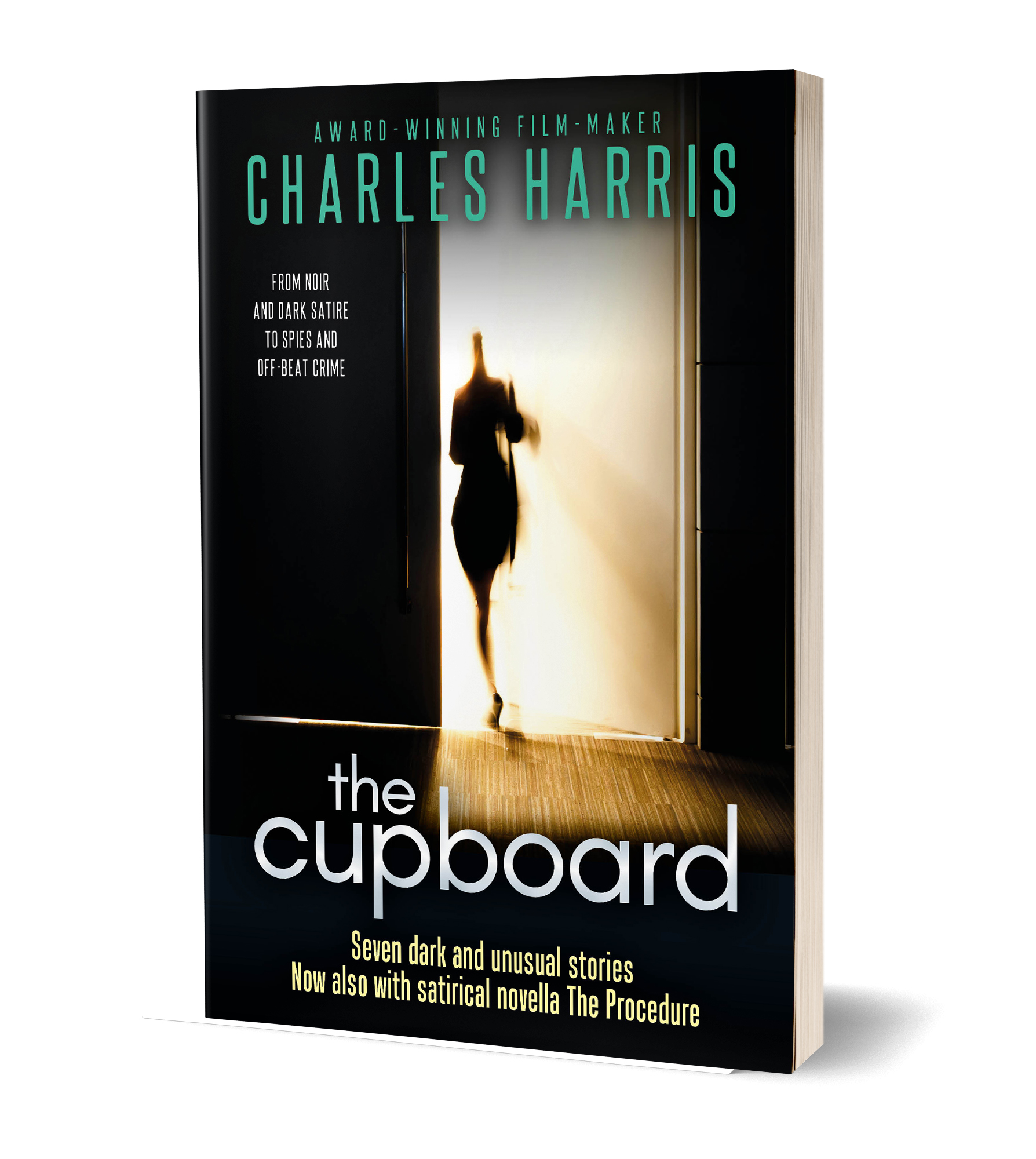Spies like us – review of Kate Atkinson’s Transcription
22 Wednesday Apr 2020
Written by Charles Harris in Books, Reviews, The Library Corner, Thriller
Tags
SPIES LIKE US

Fiction writers are liars by trade and spy novelists are the biggest liars of all. Their entire genre is based on deception and betrayal of trust. And I don’t just mean the characters.
As with master spies, we should trust the master spy novelists least of all.
Just as the best spies never look like James Bond, but like the family next door, so the best spy novelists come across as friendly, cozy even, with warm, welcoming plots – until they knife us in the back.
So it is with Kate Atkinson.
Spies like us
Best known, perhaps, for her prize-winning literary books, Behind the Scenes at the Museum, Life After Life and A God in Ruins, Atkinson has also been developing a strand of detective novels centred on ex-police inspector Jackson Brodie.
These probably should have warned us, with their subtly disguised plot twists and deceptions.
In Transcription – published in 2019 – she introduces us to what at first glance appears to be the normal, straightforward, even cozy, world of Miss Juliet Armstrong.
Albeit that she seems, sadly, to have been hit by a car. She lies in the road, in 1981, thinking about the Shostakovich concerts she’d probably now miss.
Aside from the 1981 scene that book-ends the novel, the rest of the action takes place in two strands of flashback – in 1940 and 1950.
In 1940, Juliet is called upon to work for the War Effort, typing up clandestine recordings of pro-Hitler fifth columnists, who have been lured to the bugged London flat of an MI5 agent posing as a Gestapo spy.
In 1950, we find her propping up a less-than-fulfilling job in the post-war BBC, making improving radio programmes for children.
A debt to be paid
But nothing is quite what it seems. Although the war is over, something remains mysteriously to be paid for.
And back in 1940, the fifth columnists, racist yet incompetent and bumbling, could also – less comically – be among those in charge, if the Battle of Britain fails.
Atkinson has the skill to give us the sense of what it must have been like not to have known the future, even though of course we ourselves do.
We get a very real shiver of fear that this rag-tag of chancers and antisemites, unlikeable but not clever enough to be evil, could actually become Hitler’s English Gauleiters very soon.
It helped, too, that I was myself reading it in the middle of a crisis, whose outcome none of us currently knows (while being led by a crowd of chancers and incompetents).
Real people
As with any good genre book, the characters make or break it. And Atkinson’s characters grow on us, quietly memorable in their British reserve.
From Juliet’s many, variously flawed, yet dedicated, bosses, to the upper middle-class would-be German spies, with their desperate need to find useful information, which they believe will go straight to Berlin, Atkinson creates stereotypes, only to puncture them.
Real people emerge, in ways that we don’t expect.
Gradually it dawns on us that there are other forces at play. Lives – even souls – are at risk.
And that the best writers, as with the best spies, hide their tricks in plain sight.
Read more
Get Transcription – Amazon UK Amazon US Other online stores
Review: John le Carré’s new novel Agent Running in the Field


Tell people what you think